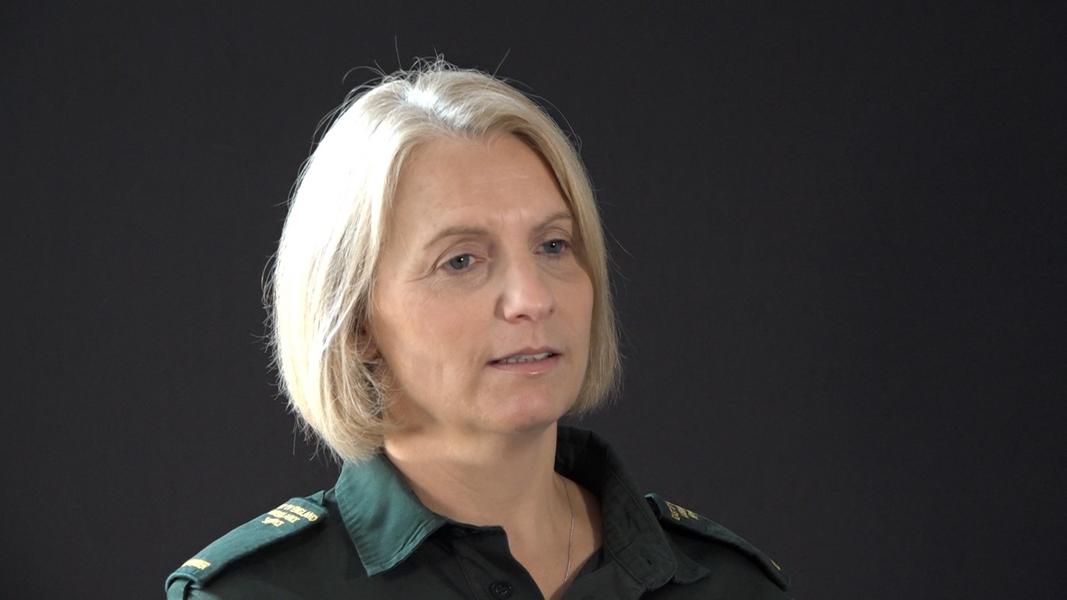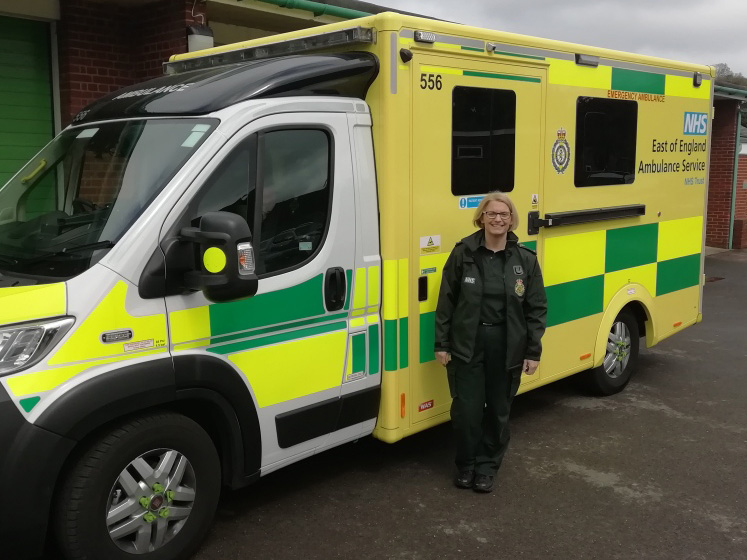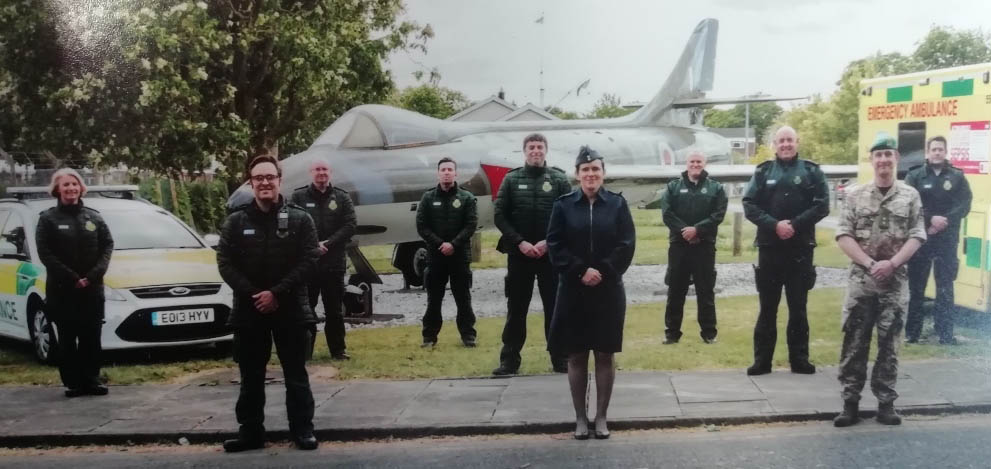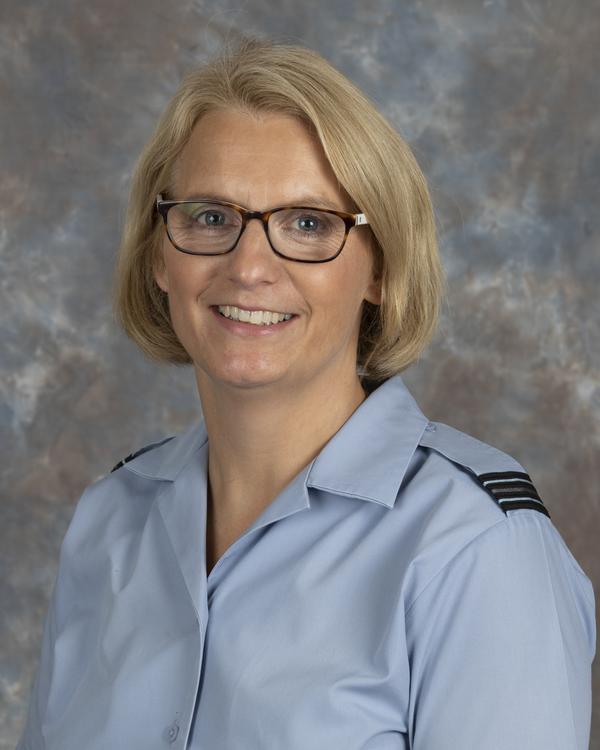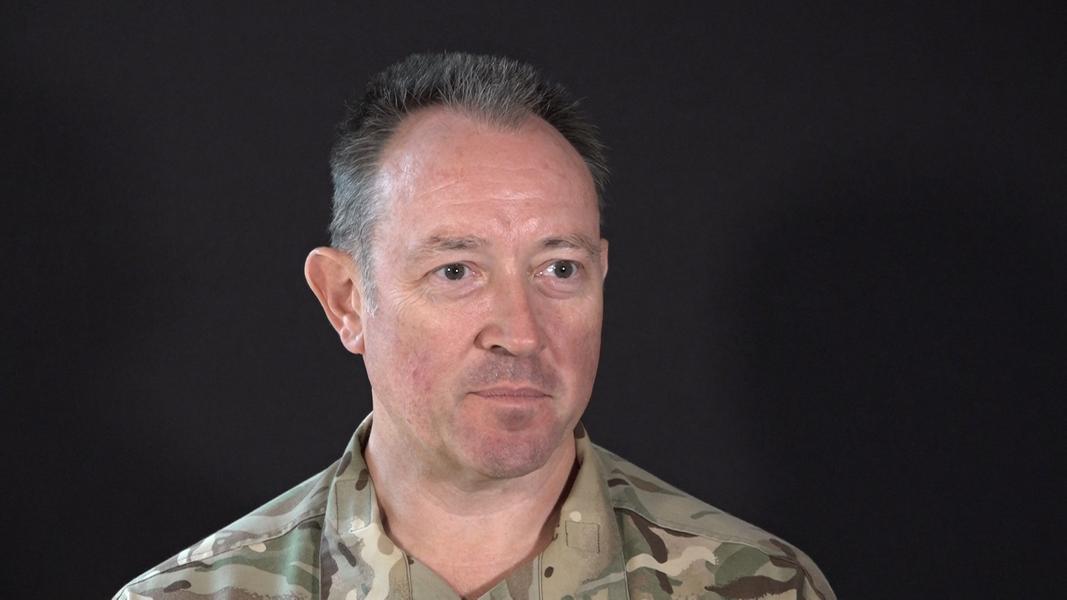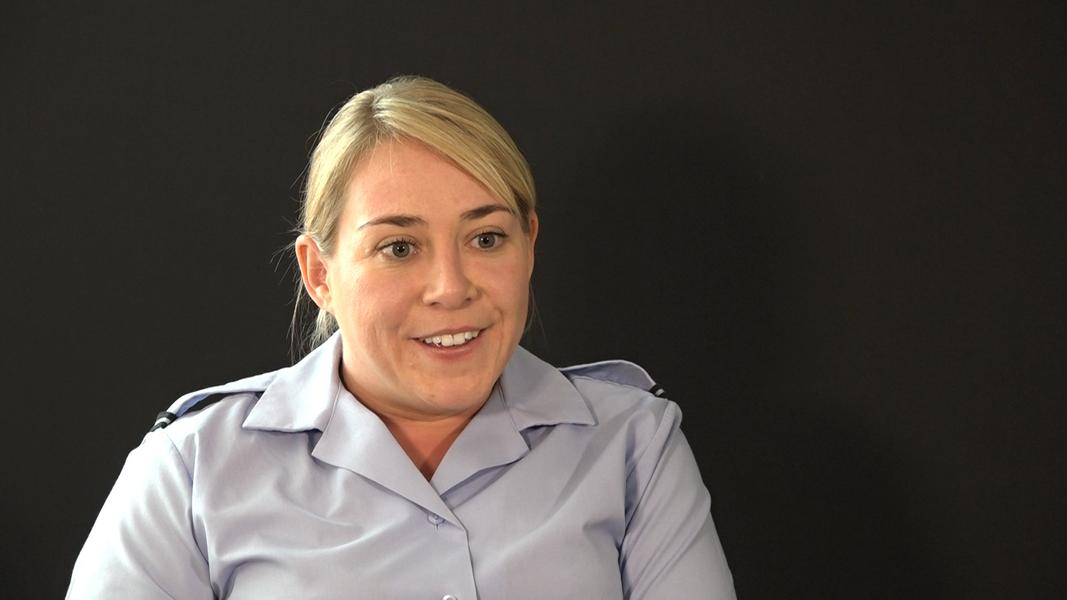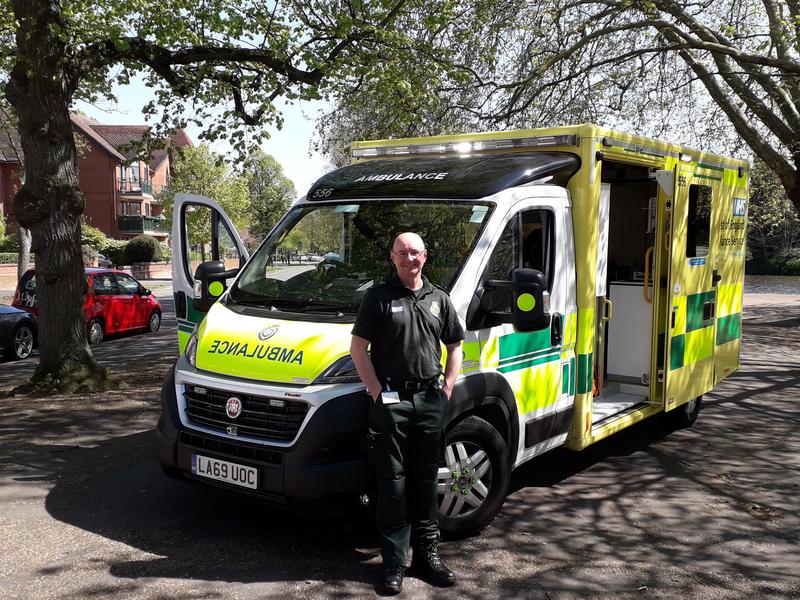there was a real change of public's perception
of the hospitals.
And nobody wanted to go
to hospital because they felt that
that's where the virus was.
"And if I go to hospital, I'm going to get the virus
and therefore I'm gonna get sick."
So there was a real delay in patients ringing for help.
So when we did get a call to go to a patient, quite often,
they were really, really poorly, not because of COVID-19,
but because they had a genuine illness, you know.
They had an infection or they'd had a stroke
or some kind of heart problem,
but they were scared to go to hospital.
And so many people were refusing to go to hospital
because they didn't want to go 'cause of the COVID-19 virus.
So as patients were really torn about,
"I'm really ill, but I don't want to go to hospital."
So there was sometimes quite a slow response to patients,
but then once we assured patients
that the hospitals are divided into green areas
and red areas for the infectious
and the non-infectious patients of COVID,
people were reassured that actually the hospitals are safe
and it was about getting that message out.
And I know the national news started to spread the message
that, you know, "You must ring your GP if you're poorly.
You must go to hospital if you're poorly,"
because the hospitals initially wasn't busy
in the A&E departments.
Absolutely they were busy in ITU dealing
with all these respiratory problems,
but there was other illnesses out there as well,
but people were scared.
But then once the news got out and the message was spread,
we became busier and busier, but the roads were quiet.
So therefore the car accidents wasn't happening.
The sports centers were closed,
so the sports injuries wasn't happening.
So all the day-to-day injuries that we would see,
wasn't happening because people were at home.
So actually people were healthier in a sense
by staying at home because they were injury-free.
But now the ambulance service is certainly back up
to full strength.
People are ringing 999 and 111
as they did prior to the pandemic.
And we still do the community response now,
even though not full-time, we are as busy,
if not more busy, because people are realizing,
if you need help,
you need to phone.
